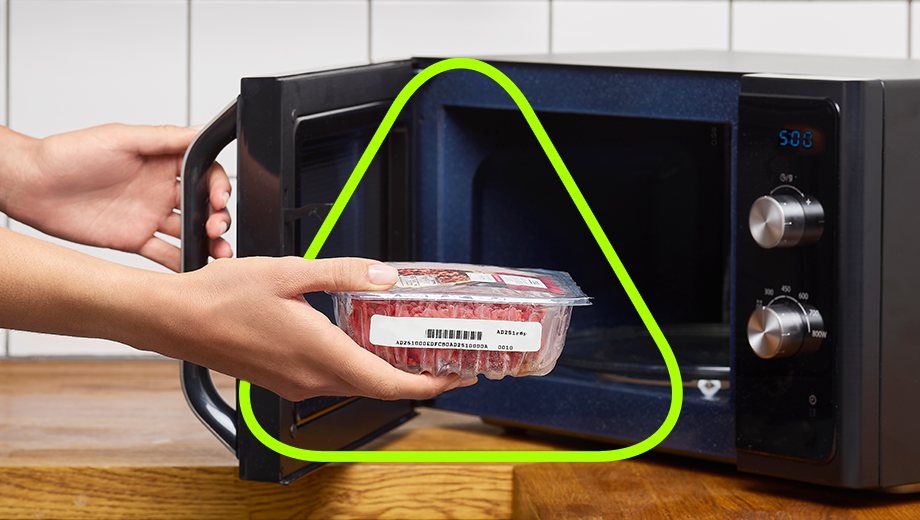“WaveSafeTM is an example of Avery Dennison’s excellence in R&D and commitment to making long-term investments in solutions to the biggest challenges”, says VP and GM of global RFID Francisco Melo: “The impact of declining birthrate is a long-term challenge being felt across all industries and areas of society in Japan. Identifying and developing solutions to long-term challenges requires long-term investment. Innovation is at the core of what we do at Avery Dennison, and by combining our materials science expertise and knowledge of RFID technology over the past decade we have been able to develop WaveSafeTM to meet the needs of the food industry. We are pleased to be a partner of the METI initiative offering a safe and reliable RFID tagging solution across all food products.”
Consumers will also benefit from the rollout of RFID through this initiative, with item-level tagging enabling a number of features aimed at streamlining the shopping experience. In a move to reduce food wastage, shelf-mounted RFID readers automatically scan the product tags, identify units that are approaching their ‘best by’ or ‘use by’ date, dynamically adjust prices, and credit the buyer with discounts on those items at the point of purchase. Meanwhile, shoppers who scan a product tag will be presented with additional product information via digital shelf signage.
Perhaps the biggest contributor to smoothing out the customer experience, however, is the automation of the payment process. Picture the same self-checkout terminal you use in the supermarket today, but instead of having to scan each item individually before placing them in the bagging area, you simply place your entire basket into the bagging area, and see every one scanned and your total to pay displayed on-screen ready for payment.
The Japanese initiative is not the first time Avery Dennison RFID tags have played a strategic part in driving the future of convenience retail. Last year the SmartMart in Finland, created in collaboration with Nordic ID, demonstrated the seamless self-checkout, utilizing RFID labels that can be applied on liquid products and metallic packaging, enabling tagging for almost every product in a convenience store - and also a security feature that prevents the exit doors opening if someone tries to leave with an item that hasn’t been scanned and paid for at a checkout.
The country’s often-outlandish television programmes used to be met with cries of, “Only in Japan!” While METI’s plan to eventually turn all its convenience stores unmanned is certainly ambitious, we don’t see it being long before retailers around the world embrace the benefits of RFID across their supply chains and make RFID-enabled features such as dynamic pricing, advertising optimisation, and self-checkout the norm.




